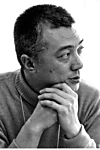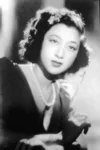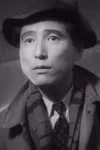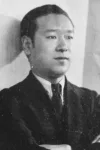Biography
Fumio Kamei (1908–1987) was a Japanese documentary and fiction film director known for his politically charged works. Influenced by Soviet montage theory, he began his career at Photo Chemical Laboratories (PCL), making propaganda films about Japan’s war in China. His 1939 film Fighting Soldiers was banned for its unflinching portrayal of exhausted troops, and he later became the first director to lose his license under the 1939 Film Law and the only filmmaker arrested under the Peace Preservation Law. After World War II, Kamei helped reorganize Nippon Eiga-sha and directed The Japanese Tragedy (1946), a documentary critical of Japan’s imperialist past, which was ultimately censored. He continued making politically engaged documentaries and fiction films, tackling issues such as U.S. military bases in Japan, nuclear weapons, social discrimination, and environmental destruction.
Filmography
all 20
Movies 20
Director 20
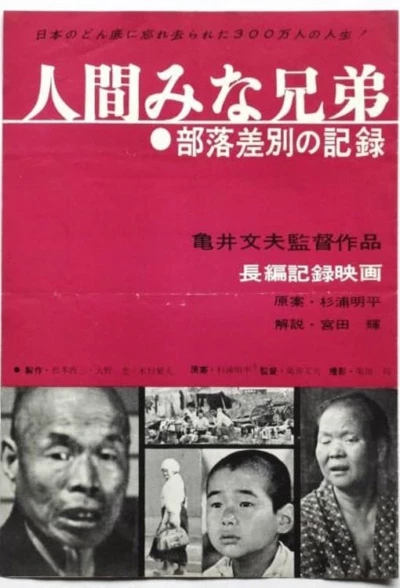
Men Are All Brothers (1960)

Living in a Rough Sea (1958)
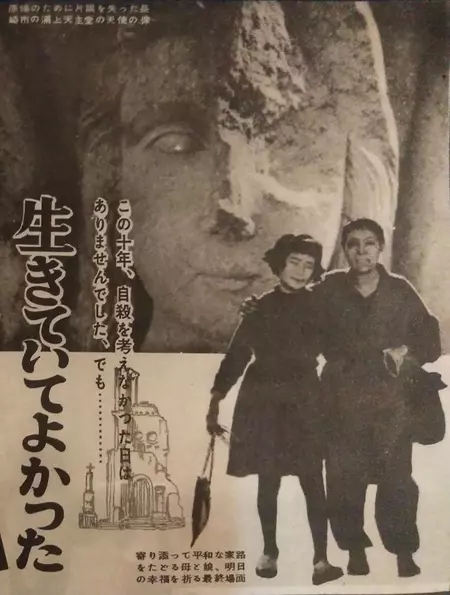
It Is Good to Live (1956)
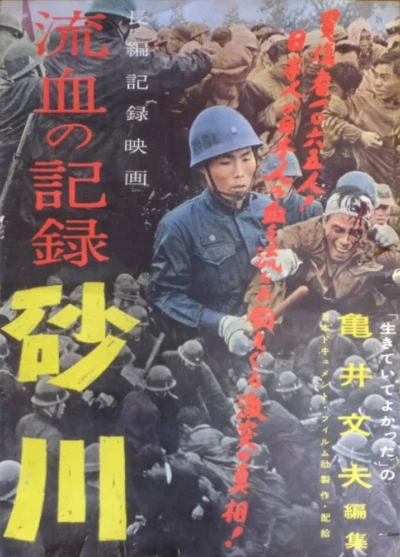
Record of Bloodshed: Sunagawa (1956)

Wheat Will Never Fall (1955)

Children of the Base (1953)
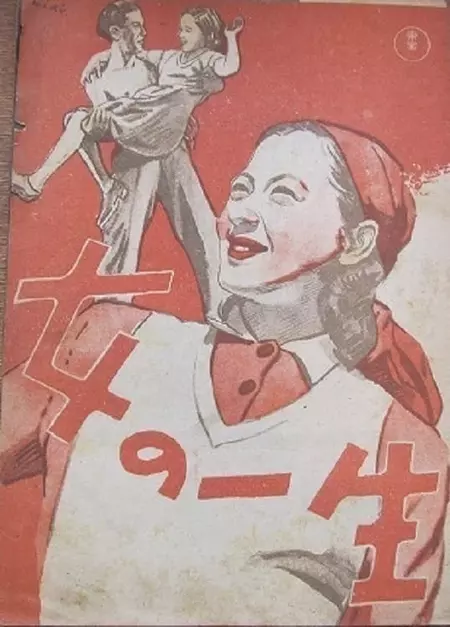
A Woman's Life (1949)
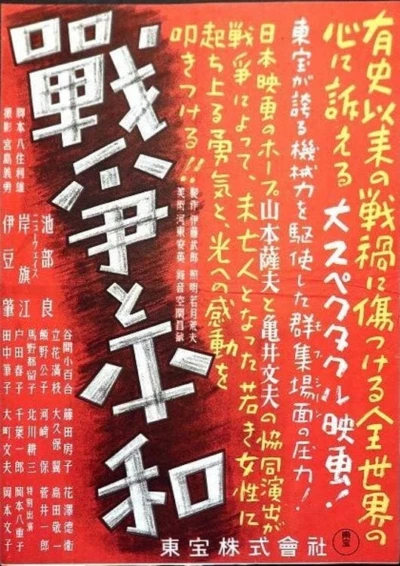
War and Peace (1947)
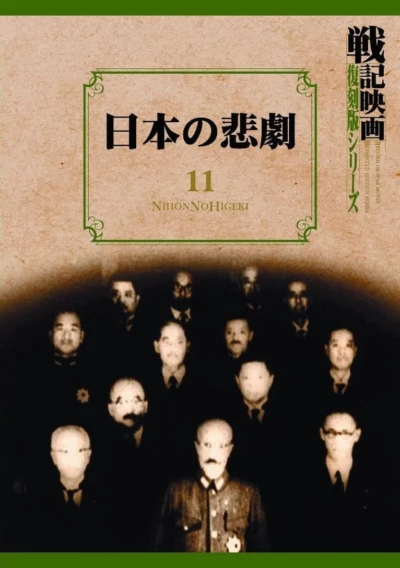
Tragedy of Japan (1946)
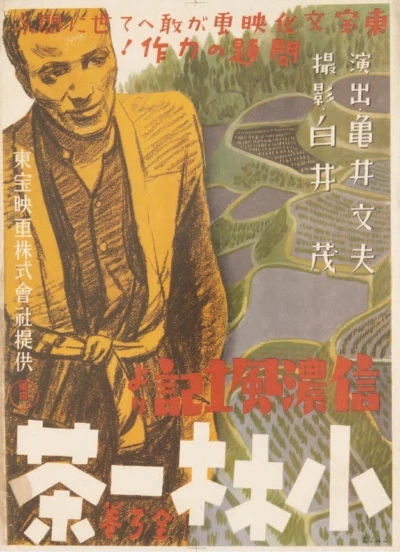
Kobayashi Issa (1941)
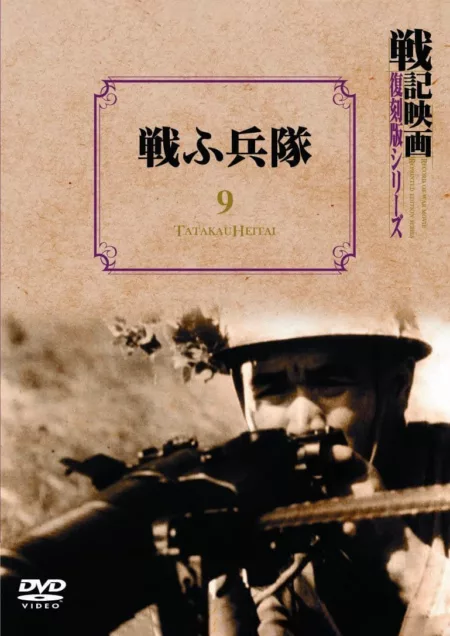
Fighting Soldiers (1939)

Peking (1938)
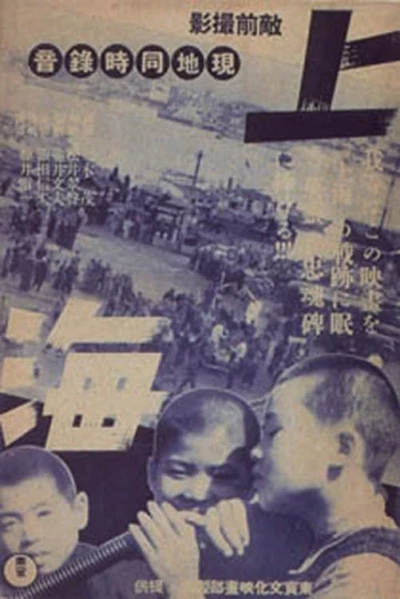
Shanghai (1938)

Shape without Shape (1935)
Information
Known ForDirecting
GenderMale
Birthday1908-04-01
Deathday1987-02-27 (78 years old)
Birth PlaceFukushima Prefecture, Japan
CitizenshipsJapan, Empire of Japan
Also Known AsФумио Камэи
This article uses material from Wikipedia.
Last updated:
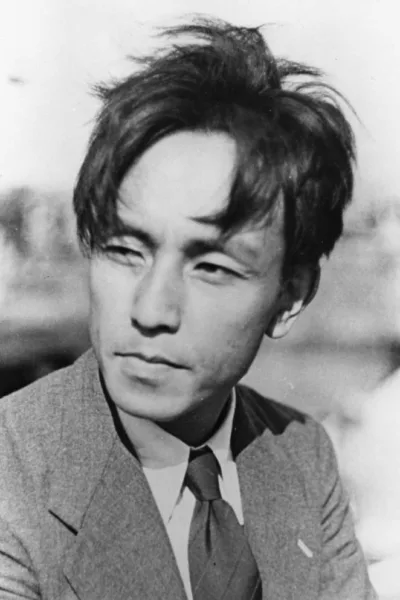 Fumio Kamei
Fumio Kamei- Filmography
- Information
- Related Persons
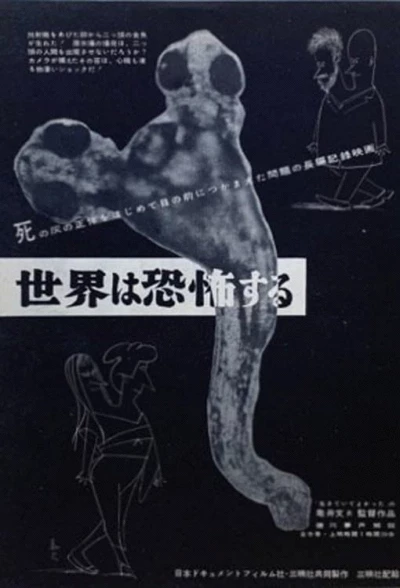
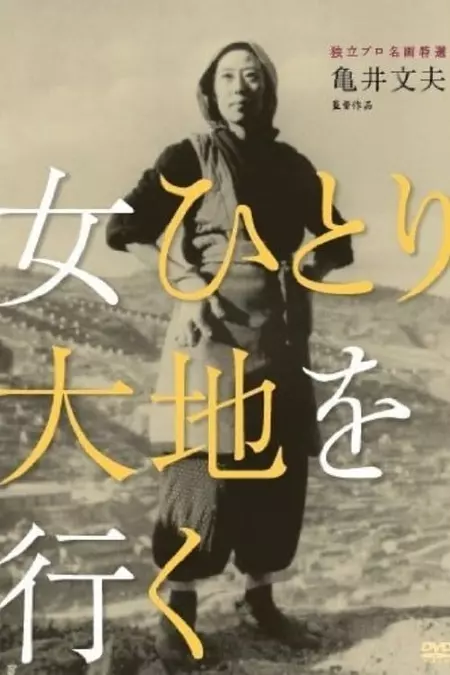
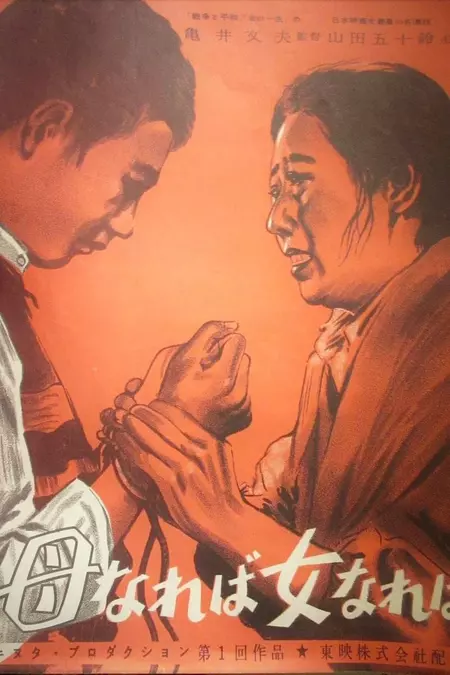

 ,
,